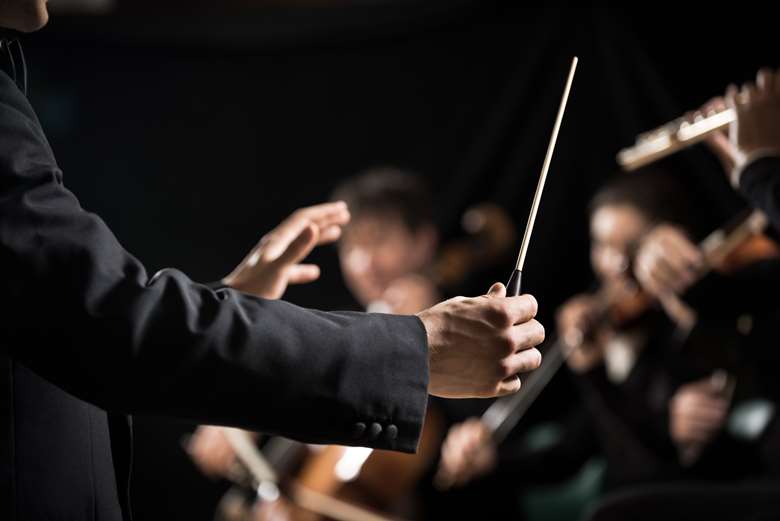Do soloists make good conductors?
Philip Borg-Wheeler
Monday, February 22, 2021
The increasing trend of soloists stepping up to the podium invites scepticism, writes Philip Borg-Wheeler


Register now to continue reading
Don’t miss out on our dedicated coverage of the classical music world. Register today to enjoy the following benefits:
- Unlimited access to news pages
- Free weekly email newsletter
- Free access to two subscriber-only articles per month